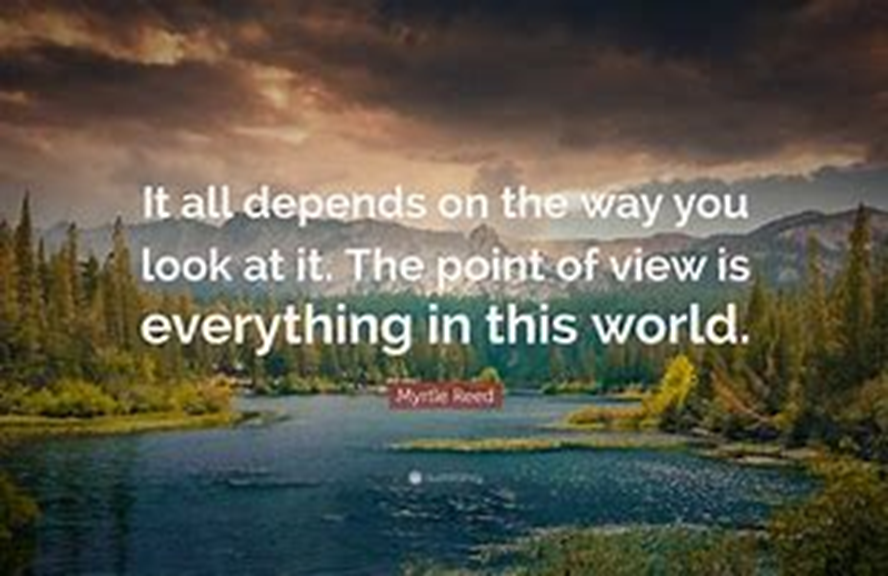
Everyone coaches differently, even those with similar ideas and it comes down to those individual idealistic elements – “I want my team to play this way because…”, “I want my team to play like …” – now this second one may be dangerous if you don’t take your own group and their environment into consideration!
In short, a coaching philosophy isn’t just about which formation you want to play or your attacking principles… it’s much more than that!
An academic look at Coaching Philosophies:
• Your coaching philosophy is a set of beliefs and principles that guide behaviour, allowing you to be true to your values (Burton & Raedeke, 2008)
• “Coaching philosophy a defined set of values and behaviours that serve to guide actions (Wilcox & Trudel, 1998)
• (They are) “A personal statement that is based on the values and beliefs that direct ones coaching” (Kidman & Hanrahan, 1997)
But what should determine your philosophy?
•What is my motivation for coaching?
•What type of coach do I want to be?
•Why is coaching the right fit for me?
•What is it that I would like to achieve with my coaching?
•What will I achieve for myself?
Consider these points and you may start to think about the basis of your philosophy before you can get to the technical elements.
So now considering the above,
• What are the values of your coaching environment (club, organisation, sporting context)
• What is actually lived out or are they are just ideas/ideals?
• How do your own coaching values relate to the environment?
Tying the aims, environment and technical elements together:
You may have an idea of the club values, your own values and now you need to combine it with your technical preferences. Is there a unified formation across the club (for example, playing the same way as the first team or the age group above to ensure a smoother progression for players)? Are there specific principles you must adhere to? (Maybe these are specific tactical principles).
The purpose of this? To realise there is a lot more that should go into a philosophy than just the technical components.
Twitter: @LloydOwers
